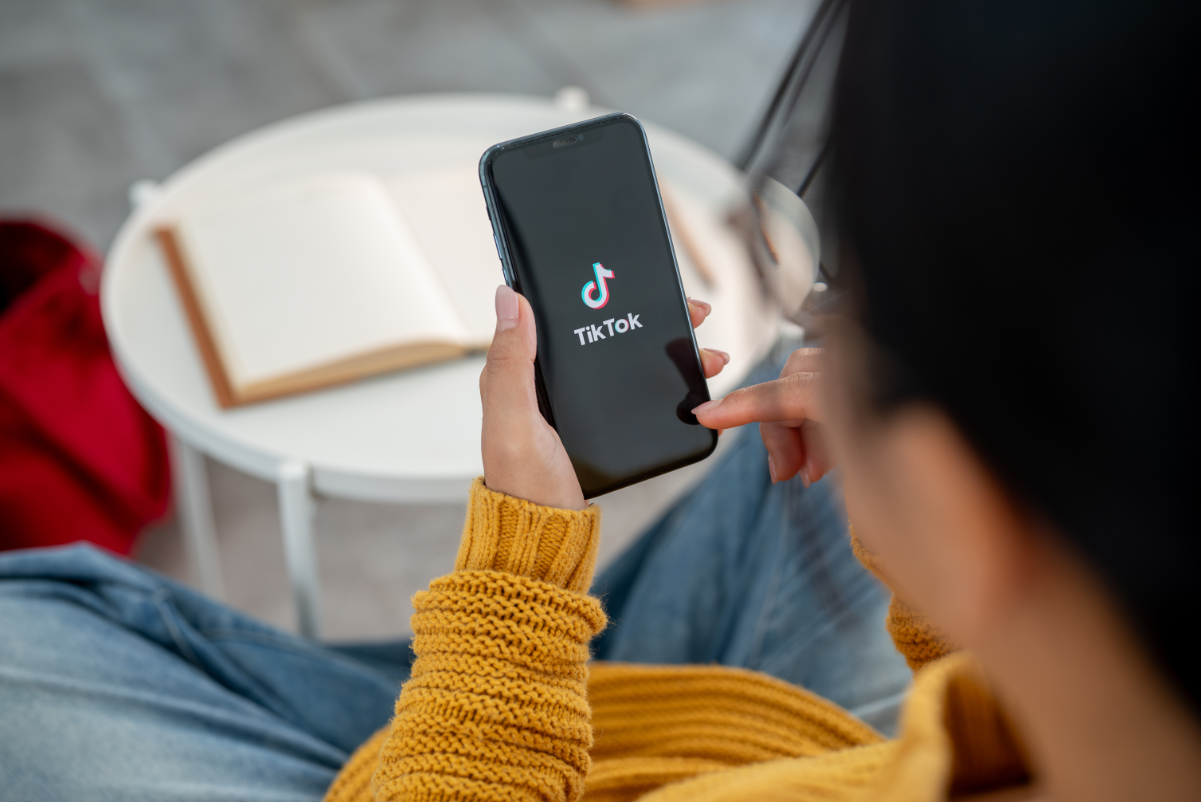TikTok has gone dark in the U.S. as of late Saturday, shortly before the federal ban on the Chinese Bytedance-owned app was due to come into effect.
The app is no longer available on Apple’s iOs App Store or Google’s Play Store in the U.S., and a message is appearing for existing users after opening the app, states: “Sorry, TikTok isn’t available right now.”
It continues: “A law banning TikTok has been enacted in the U.S. Unfortunately, that means you can’t use TikTok for now. We are fortunate that President Trump has indicated that he will work with us on a solution to reinstate TikTok once he takes office. Please stay tuned!”
Is TikTok Gone Forever?
The ban may be temporary: President-elect Donald Trump told NBC News on Saturday that he will “most likely” give TikTok a 90-day reprieve from a potential ban after he takes office.
“I think that would be, certainly, an option that we look at. The 90-day extension is something that will be most likely done, because it’s appropriate. You know, it’s appropriate. We have to look at it carefully. It’s a very big situation,” Trump said, according to NBC.
Why Does TikTok Matter to Travel?
TikTok is one of the most popular marketing channels in the world, with travel brands regularly promoting destinations, products, and services on the app.
More than 170 million Americans are on TikTok, the company said.
It has quickly become people’s first source of inspiration and education about travel. One TikTok survey found that 69% of users discover new travel brands on the platform.
The app was also increasingly driving bookings, which means a ban on it would have consequences for the global travel industry.
Brands like Booking.com, Expedia, Disney Parks, and Ryanair have embraced the platform. Each has amassed over 1 million followers, while other travel brands use the app for marketing because it enables them to reach large audiences without having a large following due to its way of distributing content based on its algorithm and a person’s interests instead of who they’re following.
Further, many travel brands have their headquarters and offices in the U.S., meaning another impact is that employees based there will not be able to access their TikTok accounts while a ban is in place.
TikTok’s Head of Travel, Hannah Bennett, also told Skift earlier this month that the company is currently testing a new travel-specific product called “Travel Ads,” which will enable travel advertisers to drive bookings on their own website. But U.S. customers will not be able to access this while a ban is in place, meaning travel brands could lose out on those bookings.
What Now for Travel Brands on TikTok?
The travel industry will be forced to adapt its social media marketing methods to market to customers inside the U.S., similar to how brands in India, which has already banned TikTok, have had to adapt. Brands will need to diversify their use of various platforms and explore new formats to drive traffic and engagement.
Some social media users in the U.S. are flocking to social media apps similar to TikTok, including Instagram and Youtube, which have similar short video formats in their Reels and Shorts sections, where brands could choose to advertise and share marketing videos.
Downloads of Lemon8 and Xiaohongshu, known as RedNote, have surged in recent days, as an alternative to TikTok. But Lemon8 is also owned by Bytedance.
Companies can continue to market to consumers on TikTok who are based outside the U.S., if the companies are creating content from outside the U.S. too.

